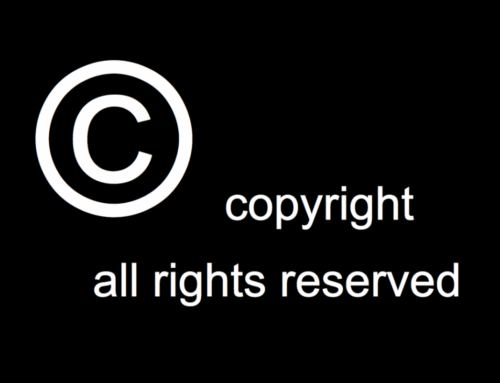Last summer, the Federal Trade Commission (FTC) issued updates to its Guides Concerning the Use of Endorsements and Testimonials in Advertising. It also updated its practical business guidance, FTC’s Endorsement Guides: What People are Asking.
In early September, we published an Alert about these updates, which you can read here.
After the guidance was updated, the FTC sent warning letters to the American Beverage Association, The Canadian Sugar Institute, and a dozen influencers that the trade associations had hired, claiming that the influencers’ social media posts had failed to include required disclosures about their relationships with the trade associations.
According to the FTC, the American Beverage Association hired ten influencers to endorse the safety of aspartame and the Canadian Sugar Institute hired two influencers to endorse the consumption of products containing sugar.
The warning letters claim that in some cases the influencers, who were registered dieticians or other providers of dietary advice, included inadequate disclosures, and in other instances, they failed to make any disclosures at all.
As both the FTC’s guidance and the warning letters note, if there is a material connection between an advertiser and an influencer that is not obvious to the audience, that connection should be clearly and conspicuously disclosed. Material connections might consist of a business or family relationship, monetary payment, or the provision of free or discounted products to the endorser.
Disclosures are required because knowledge of a material connection will affect the weight an influencer’s followers give the influencer’s endorsements. That is, followers will probably find an endorsement less credible if, for example, they’re aware the influencer was compensated for the endorsement or is endorsing a company owned by a relative.
The FTC also reminded the associations and influencers that if an endorsement is made in a video, the video itself must include an appropriate disclaimer. Simply having a disclaimer in the post’s text is insufficient, since viewers may watch the video without reading the text.
The letters also describe in detail how disclosures should be made in videos and indicated that reliance upon Instagram’s “paid partnership” tool alone is insufficient, because it’s too easy for viewers to miss that notice. Further, it’s important for viewers to know who’s paying the influencer, not merely that the influencer is being paid.
Please feel free to contact us if you have any questions about these FTC guidelines or need assistance in drafting appropriate endorsement policies.
Photo by Steve Snodgrass, licensed under the Creative Commons Attribution 2.0 Generic license.






